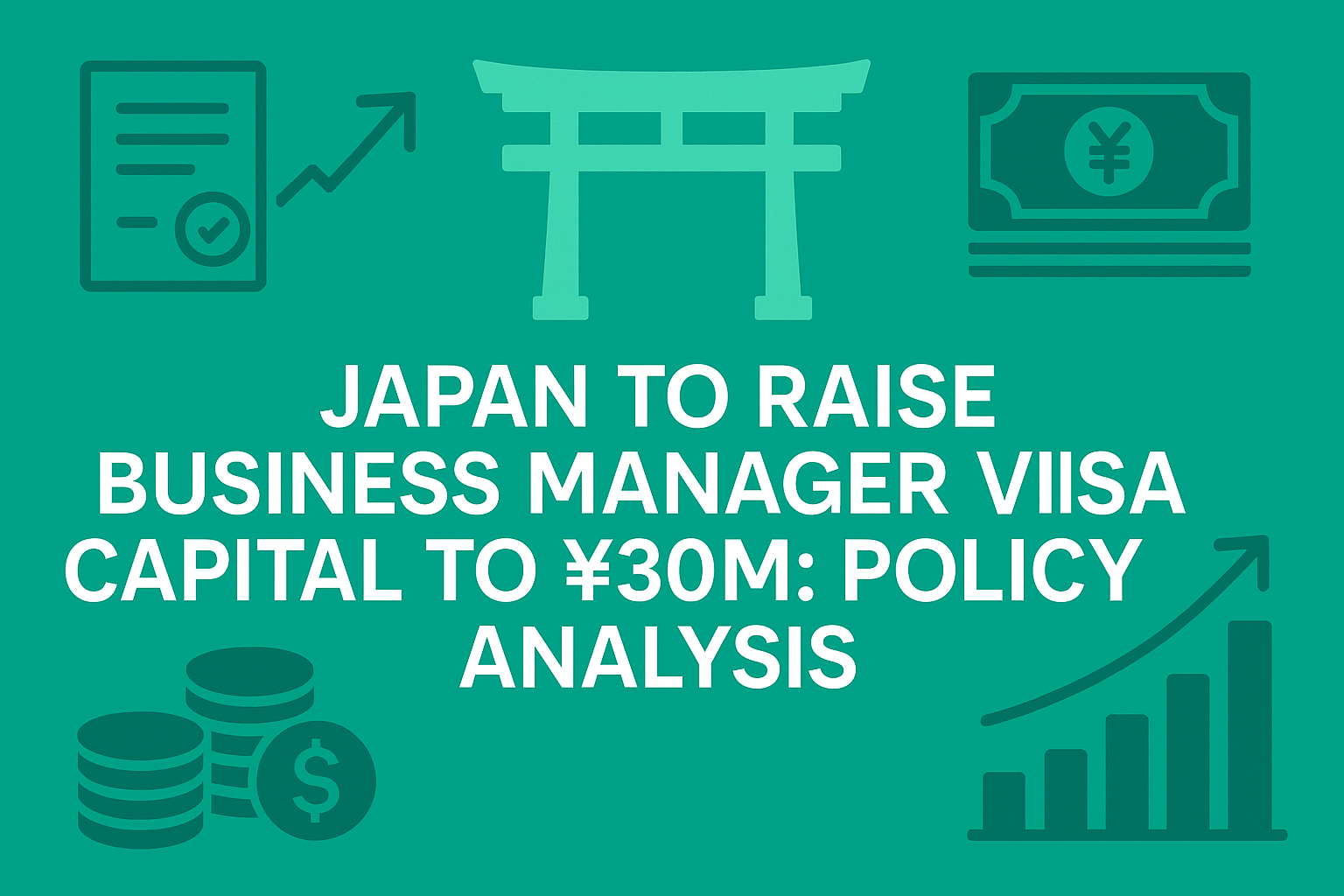― With Insights from Ray Dalio ―
1. Introduction
Sustaining and expanding wealth over generations requires more than investment strategies or financial techniques. True wealth preservation depends on values and behavioral principles. Ray Dalio, founder of Bridgewater Associates, emphasized in his book Principles that his success was built not on market predictions but on timeless principles. This report summarizes the key values wealthy individuals cherish, integrating Dalio’s insights as guiding references.
2. Core Values Wealthy Individuals Uphold
(1) Long-Term Perspective and Sustainability
Wealthy individuals focus less on short-term profits and more on long-term stability and sustainability.
- Investment is guided by the compounding effect and intergenerational wealth transfer.
- Decisions are rooted in a vision spanning decades, not months.
Ray Dalio:
“He who lives by the crystal ball will eat shattered glass.”
Reliance on short-term predictions leads to failure; long-term principles ensure survival.
(2) Risk Management and Balance
Preserving wealth is fundamentally about managing risks.
- Diversification across asset classes, geographies, and currencies.
- Always preparing for worst-case scenarios—whether economic downturns, natural disasters, or geopolitical risks.
- Dalio’s All Weather Portfolio embodies this philosophy.
Ray Dalio:
“Don’t bet too much on anything. Make sure you’re always protected against the worst-case scenario.”
(3) Discipline and Humility
Emotional discipline is a hallmark of true wealth management.
- Avoiding herd mentality in euphoric or fearful markets.
- Accepting that mistakes are inevitable and using them as learning opportunities.
Ray Dalio:
“Pain + Reflection = Progress.”
Losses and setbacks are not failures but fuel for personal and financial growth.
(4) Investment in Knowledge and People
Unlike those who spend excessively on consumption, true wealth holders allocate heavily toward knowledge, networks, and human capital.
- Funding education, research, and intellectual development.
- Building strong personal and professional networks.
- Supporting activities that compound knowledge rather than depreciate with time.
Ray Dalio:
“The most valuable habit I’ve acquired is using pain to trigger quality reflections.”
Learning is a compounding asset in itself.
(5) Social Responsibility and Legitimacy
Wealth without legitimacy risks social backlash. Thus, wealthy individuals emphasize transparency, compliance, and contribution.
- Philanthropy, cultural support, and funding research.
- Upholding the trust of society by aligning wealth with positive impact.
- Dalio himself supports education and climate initiatives through his foundation.
3. Principles as Behavioral Code
The behavioral code of wealthy individuals can be summarized in five rules:
- Think Long-Term – prioritize sustainability and compounding.
- Manage Risk – diversify and prepare for worst-case scenarios.
- Stay Disciplined – regulate emotions, embrace humility.
- Invest in Knowledge – grow through learning and networks.
- Contribute to Society – sustain legitimacy through responsibility.
4. Conclusion
Ray Dalio’s Principles articulate what wealthy individuals have long practiced: wealth is not sustained by chance or luck but by long-term thinking, disciplined risk management, continuous learning, and social responsibility. By following these values, wealthy individuals not only preserve their fortunes but also earn trust, legitimacy, and purpose across generations.


